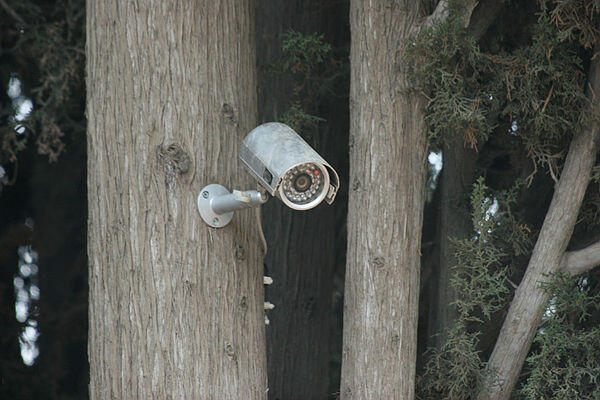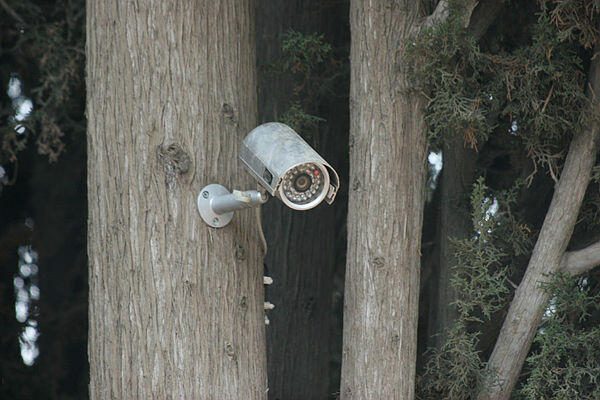
ISRAEL AT WAR
Israel Cyber Directorate releases urgent warning to disconnect home and business security cameras
The Directorate explains that cameras connected directly to the Internet can be easily compromised and that "any such camera, particularly those overlooking public areas or sensitive facilities could be exploited by adversaries for intelligence gathering"
Hostile elements are attempting to breach connected cameras installed in homes and businesses in Israel, prompting an urgent warning from the National Cyber Directorate on Friday.
Last week, the Directorate issued a warning that during the ongoing conflict with Hamas, there might be unauthorized access attempts by hostile elements on these Internet-connected cameras, with the aim of using them as sources of intelligence. The Directorate now reports having concrete information about attempted attacks on these cameras.
In light of this, the Directorate recommends to "immediately disconnect or prevent Internet access to your cameras, especially those monitoring sensitive areas." The Directorate emphasizes that access to any parts of the camera should be restricted and not just to its management interface. "If it's not possible to completely disconnect the camera from the network, it is highly recommended to limit access to known specific addresses or to use a service like a VPN with encryption and robust authentication."
The organization also advises ensuring that all security updates distributed by the camera manufacturer have been installed and changing the default password to a long, hard-to-guess one. Additionally, it's recommended to review the camera's surveillance area: "It's highly advisable to examine the areas monitored by the cameras, and if any sensitive areas or facilities are within their field of view, adjust the camera's direction to avoid capturing them."
The Directorate explains that cameras connected directly to the Internet can be easily compromised using default passwords, commonly used passwords, or known security weaknesses and vulnerabilities that haven't been patched. "The risk of unauthorized access to the content being broadcast from these cameras is higher during times of emergency," the organization pointed out. "Any such camera, particularly those overlooking public areas or sensitive facilities (main roads, intersections, public and government buildings, essential and security installations, public spaces, areas with IDF or military activities, troop concentrations, parks, etc.), could be exploited by adversaries for intelligence gathering."














